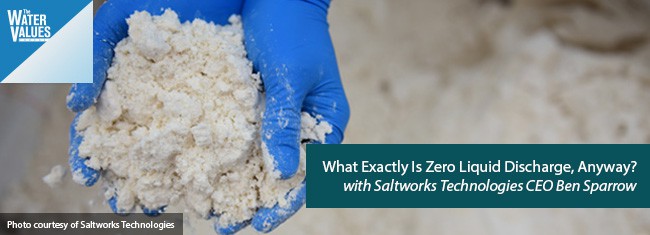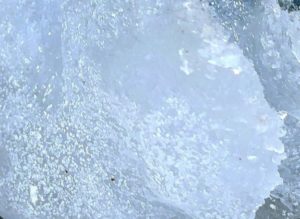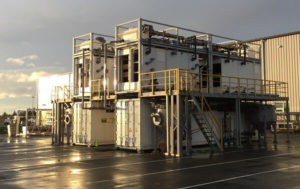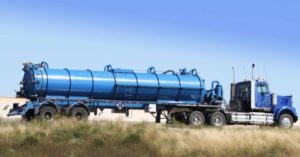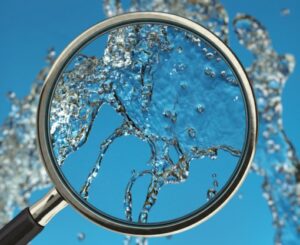
ESG and Industrial Water: What Should Corporate Leaders Focus On?
Water plays a critical role in ESG performance for many companies. With growing concerns around pollution ands consumption of water and energy, investing in responsible water management technology can improve your ESG profile and reduce operational risks.
